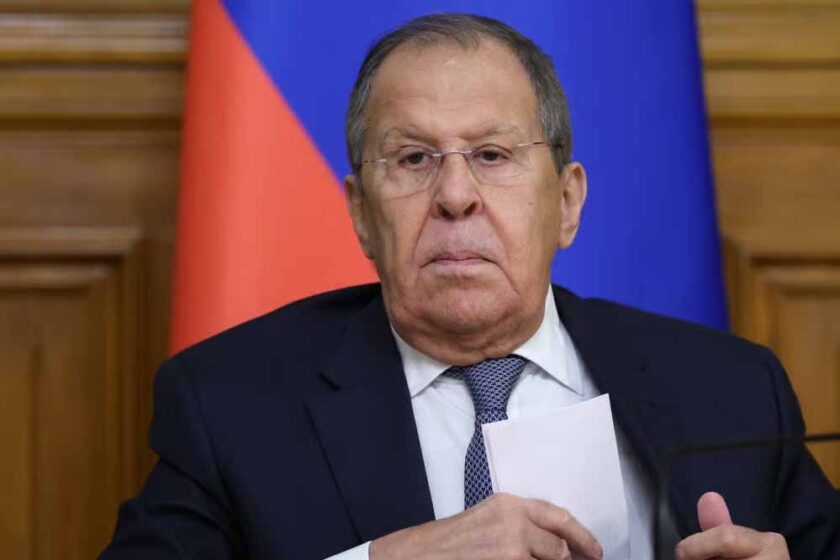India-UK Free Trade Agreement a Game Changer: ASSOCHAM Co-Chairman Hasan Yaqoob Highlights Transformational Impact on National Economy and Uttar Pradesh
Lucknow : The recently signed India–UK Free Trade Agreement (FTA) under the leadership of Hon’ble Prime Minister Shri Narendra Modi has been hailed as a historic breakthrough in India’s global trade ambitions. Mr. Hasan Yaqoob, Co-Chairman of ASSOCHAM (Associated Chambers of Commerce and Industry of India), has welcomed the deal, calling it a “transformational pact with long-term structural impact” on both the national economy and the state of Uttar Pradesh.
In a detailed statement, Yaqoob underlined how the agreement, which eliminates or significantly reduces tariffs on over 90% of goods traded between India and the United Kingdom, will redefine bilateral commerce, create jobs, and attract foreign investment, especially in labour-intensive and emerging sectors.
National-Level Impact: Stronger Exports, Investment, and Professional Mobility
1. Tariff Elimination on Key Indian Exports
Mr. Yaqoob emphasized that Indian products such as textiles, leather, jewellery, agro-products, and automotive components have historically faced UK import tariffs ranging from 10–20%. With this agreement, these duties will be reduced to zero or lowered by 80–100% over the next three to five years, making Indian exports dramatically more competitive in the UK market.
2. Services & Skilled Workforce Mobility
The agreement includes expanded visa quotas and mutual recognition of professional qualifications, especially in IT, healthcare, and education sectors. “This move will significantly benefit our skilled youth by opening up new employment and business opportunities in the UK,” Mr. Yaqoob noted.
3. Investment Opportunities in Emerging Sectors
The FTA paves the way for UK investments in clean energy, logistics, education, and digital infrastructure. Regulatory streamlining will further attract capital and technology transfers into India’s developing sectors.
4. Empowering Indian MSMEs
Yaqoob said the duty-free access to the UK’s $23 billion import market would give Indian MSMEs a distinct competitive edge over countries like Bangladesh, Cambodia, and Pakistan. “This is a game-changing moment for small and medium enterprises, particularly in manufacturing and craft industries,” he asserted.
Uttar Pradesh: Poised for a Major Economic Boost
Calling Uttar Pradesh one of the biggest beneficiaries of the FTA, Mr. Yaqoob outlined five major sectors in the state that stand to gain directly from the trade deal.
1. Textile & Apparel (Bhadohi, Varanasi, Meerut)
The UK’s existing 8–12% import tariffs on Indian garments and textiles will be gradually eliminated over the next three years. This is expected to result in a 25–30% surge in exports from UP’s textile hubs. “Weavers, artisans, and textile MSMEs will benefit through fairer margins and increased orders,” Mr. Yaqoob added.

2. Handicrafts & Brassware (Moradabad, Firozabad)
The removal of 5–10% duties on Indian handicrafts will enhance demand for brass, glass, and wooden artefacts. Mr. Yaqoob anticipates a 35–40% growth in exports in the next two years, driven by traditional clusters.
3. Agriculture & Food Processing (Bundelkhand, Purvanchal)
With UK tariffs of up to 20% on processed and organic foods being slashed by 70–100%, UP’s farmers and agribusinesses will gain access to a high-value global market. This includes organic fruits, pickles, grains, and ethnic packaged foods.
4. Leather & Footwear (Kanpur, Agra)
UK duties of up to 17% on leather goods and footwear will be completely removed in five years, potentially leading to a 20–25% export increase. “This will not only strengthen the local economy but also generate jobs in and around Kanpur and Agra,” said Mr. Yaqoob.
5. Clean Energy & Infrastructure
The FTA includes a strategic investment component, with the UK committing funds to India’s clean energy transition. UP’s industrial corridors and Smart City initiatives stand to benefit from multi-million-pound investments in solar, bioenergy, and waste-to-energy projects.
A Milestone Under Modi’s Visionary Leadership
Hasan Yaqoob praised Prime Minister Narendra Modi’s commitment to strengthening India’s global trade networks. “This agreement is more than a trade deal—it is a bold leap toward economic self-reliance, export competitiveness, and equitable growth,” he said.
For Uttar Pradesh, the FTA is expected to trigger a 30–40% increase in exports across key sectors, create thousands of new jobs, and attract both domestic and foreign investments. With its robust industrial base, youthful talent pool, and traditional craftsmanship, the state is now strategically positioned to become a major player in India’s international trade expansion.
“The India–UK FTA marks a new dawn for UP’s economic journey,” concluded Mr. Yaqoob. “With targeted policy support and infrastructure growth, Uttar Pradesh can emerge as a vital node in the global trade map.”










